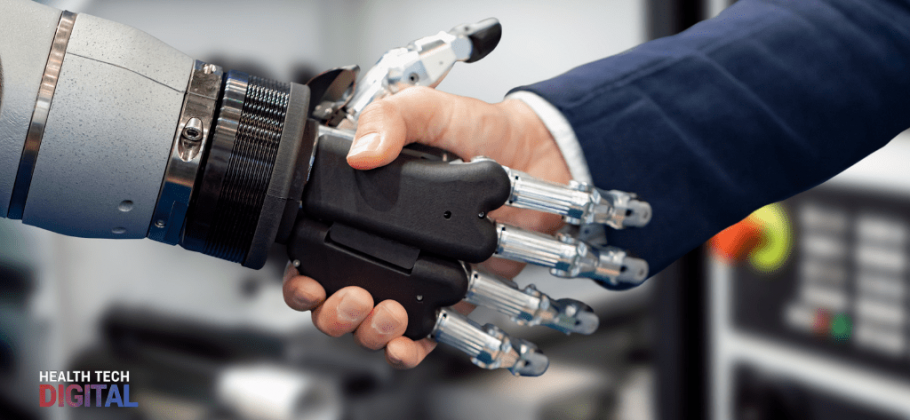At the Reform Health Conference on 5 June 2019, NHS Chief Simon Stevens announced that as part of becoming the world leader in machine learning and artificial intelligence, the NHS need the help of tech firms.
Stevens requested that staff of the NHS also be invited to be part of the process by sharing new ideas that will help make the payment systems more user-friendly. He also called for evidence to be brought forward by technologists to demonstrate how the NHS can use incentives to target the use of AI across the NHS from April 2020 and beyond.
Outpatient services will be revolutionised by this technology, as diseases like cancer will be diagnosed at an earlier stage which will save lives and make the healthcare system more convenient to use. Stevens challenged tech innovators to propose ways the NHS can implement solutions to minimise the time patients have to wait for test results.
Reimbursement reforms are an integral part of the plan to incentivise the NHS tariff and alternative payment systems to ensure the safe and timely adoption of the new healthcare tech across the NHS. The recent popularity and effectiveness of AI technology will enable the Long Term Plan to save over £1 billion by making 30 million outpatients appointments unnecessary. These savings will then be used to improve front line care which will not only help the patients, but over-worked staff as well.
Simon Stevens, NHS Chief Executive, said: “As part of the NHS Long Term Plan we are going to be using new technologies and treatments to improve patient care and save more lives.
“We are seeing an artificial intelligence revolution that will be a big part of our future over the next five years, with technologies that can cut the time patients wait for scan results and ease the burden on hard working staff.
“We want the NHS to be first out of the blocks, so from April next year we propose to change the way we fund care so that NHS organisations who invest in this world-leading technology will be properly rewarded for doing so.
“We’re therefore kicking off a global ‘call for evidence’ for NHS staff and technology innovators to come forward with their best ideas for how we should adjust our financial frameworks to best incentivise the use of safe and evidence-based AI and machine learning technologies across the NHS.”
Diagnostic tests are being implemented and used more than ever before, with 530, 000 CT scans and 315,000 MRI scans executed in March alone. That is a 20% and 33% increase in scans since 2016 respectively. The Royal College of Radiologists have reported that two million mammography screenings are being done annually through the NHS, with two clinicians each reviewing the test results.
There are currently over 100 million outpatient appointments being provided by NHS hospitals in England. The testing of machine learning technology and AI has exhibited its potential to not only lift the workload on the staff, but also give them more time for other tasks.
Article Source: https://www.england.nhs.uk/2019/06/nhs-aims-to-be-a-world-leader-in-ai-and-machine-learning-within-5-years/









